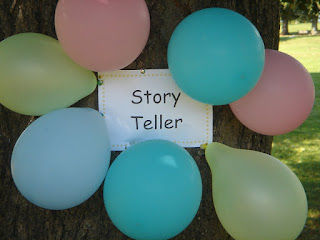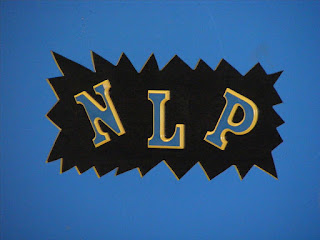Blue Ocean Mindset in the Covid-19 era
The Blue Ocean Strategy book launched a revolution in business strategy. After all, which firm would not be operating in uncontested market space, where the competition was irrelevant? Instead of struggling to survive in the bloody shark-infested “Red Oceans” of vicious competition, why not move to the “Blue Oceans” where there was little or no competition ? What inspired is how organizations and individuals that created new frontiers of opportunity and growth. Where success was not about fighting for a bigger slice of an existing, often shrinking pie, but about creating a larger economic pie for all . In the effect, Blue Ocean strategy involves market-creating innovation. It opens up new possibilities that are not available to organizations operating within the existing cost-value structure. It expands the universe as to what is possible, often enabling higher value at a lower cost . So, what are the key components in successful Blue Ocean implementation ...


